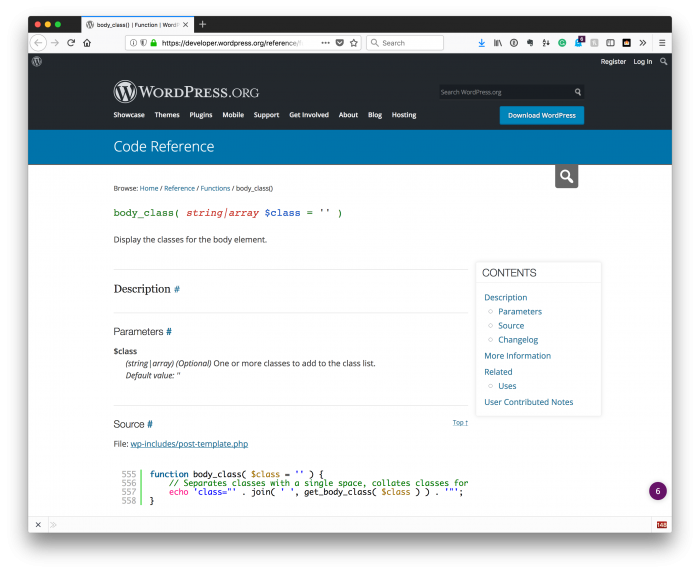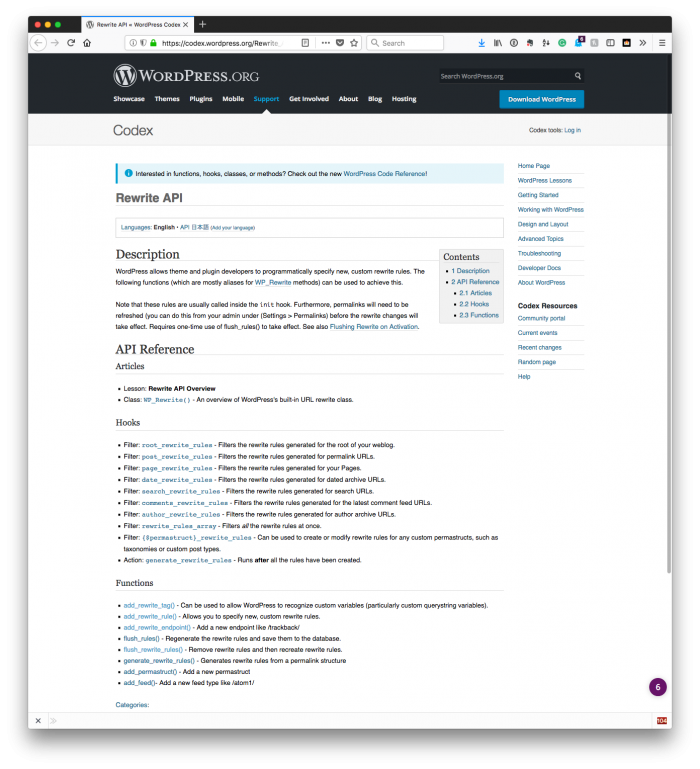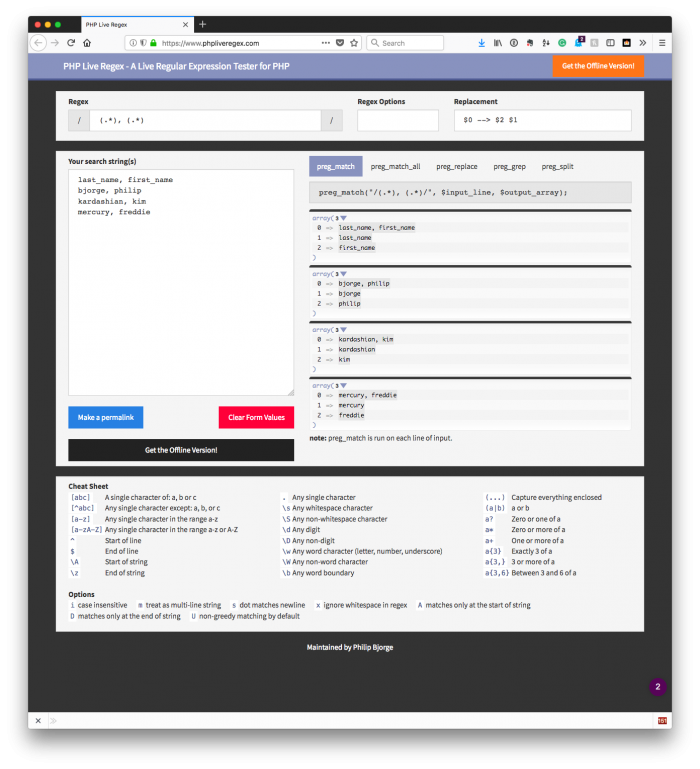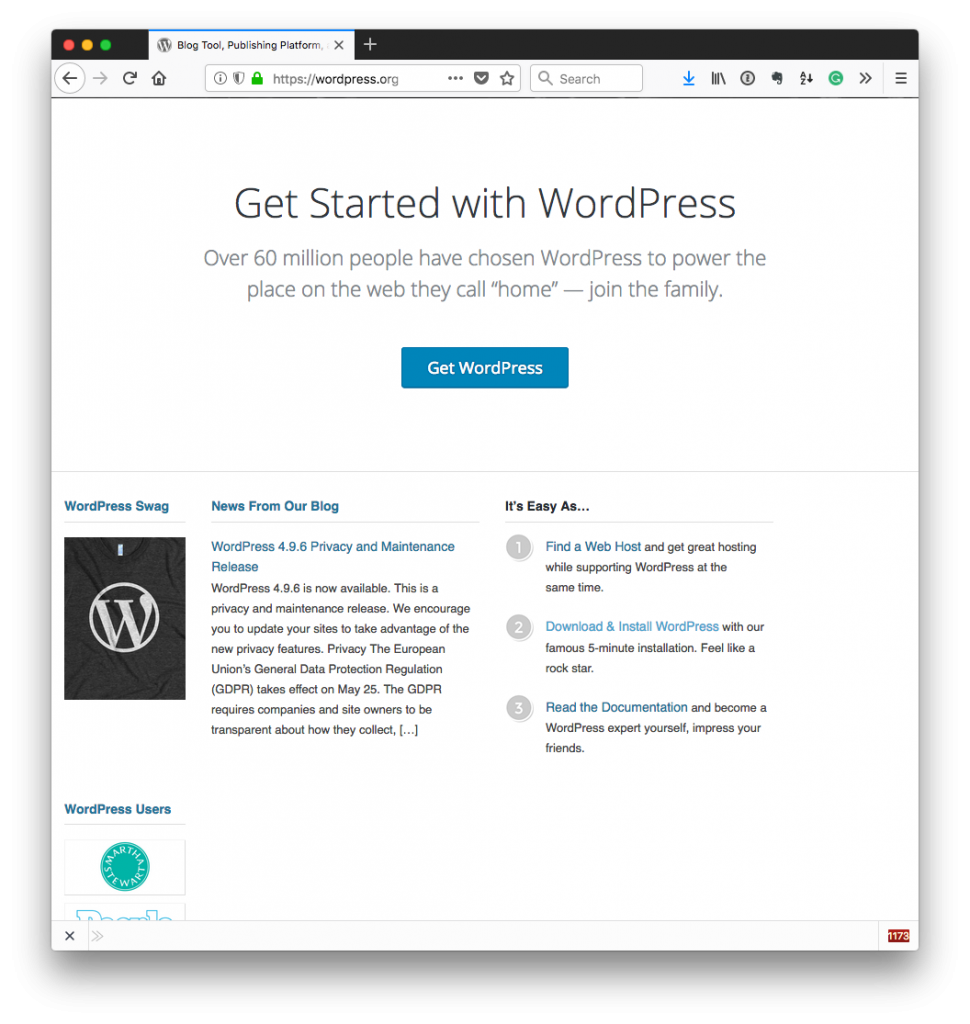One of the things that the Internet has made possible that we couldn’t have seen even a decade ago is the proliferation of self-publishing that would happen.
And in this instance, I’m not talking about blogging. I’m talking about self-publishing in the form of eBooks and the like. I mean, looking at anyone with a Kindle that has targeted advertisements (I had a previous version like this), you can see offers for books that are being published by those who have no publisher other than themselves.
I’m not here to argue whether or not that’s a good thing or a bad thing, but it is a thing, and it’s something that I think is worth looking to especially in our space.
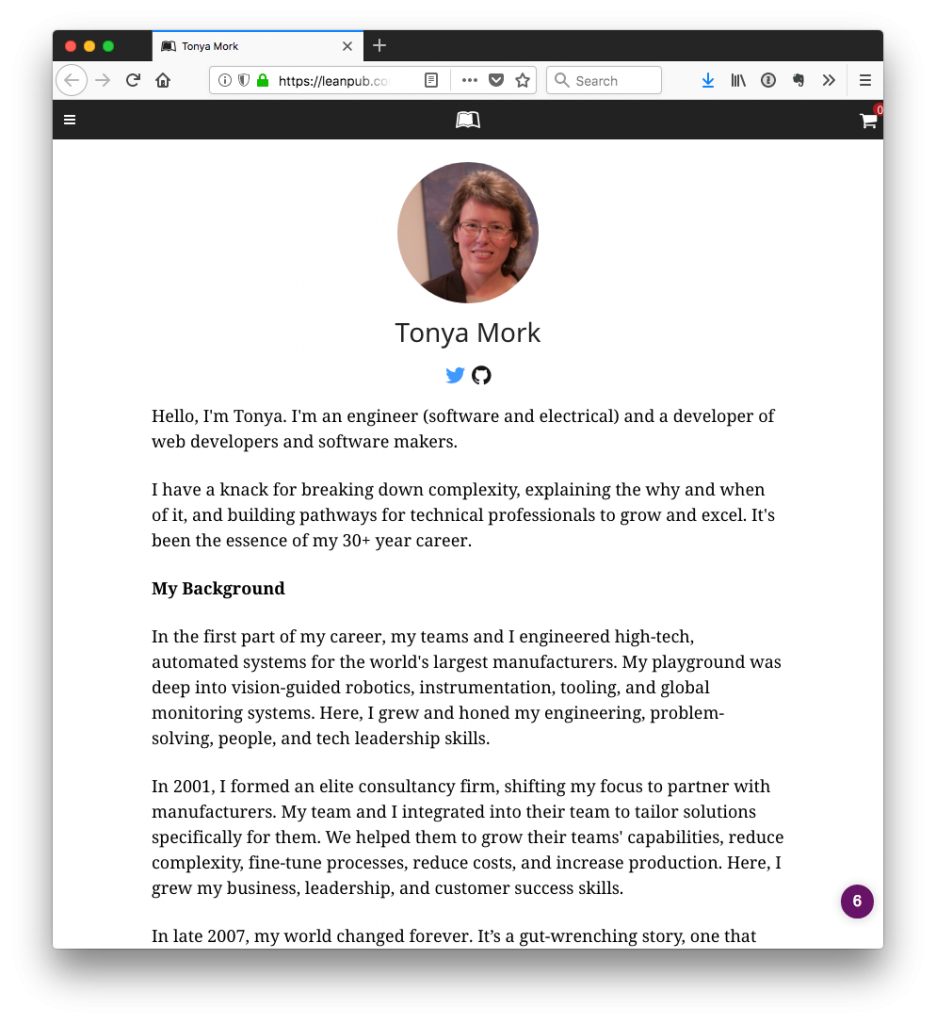
I mean how many people do you know that have self-published material in some way? Off the top of my head, I know Tonya Mork has published material as has Chris Lema.

It’s kind of neat. And I suppose this is the part where I’m supposed to say something like:
And coming in just a few weeks, I’m going to have my own eBook published!
But that’s not [exactly] where I’m going with this. Instead, I want to talk a bit about memberships on this site and what we may call the independent WordPress developer, the independent WordPress freelancer or the indie WordPress developer or whatever term you like the most.
